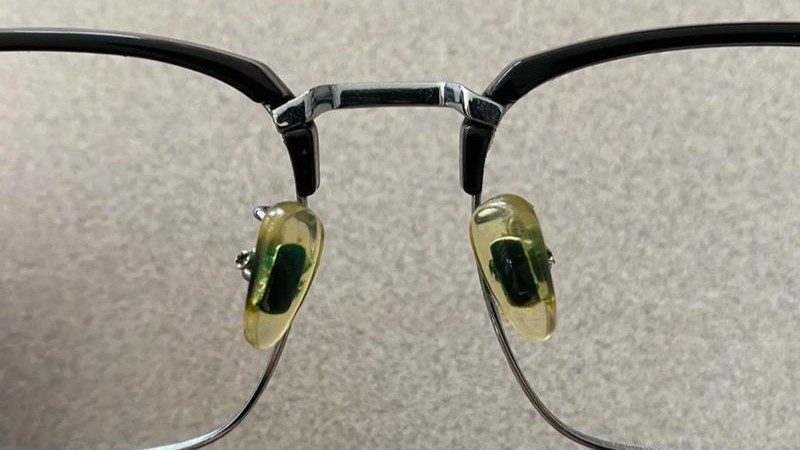Electrical safety is crucial in both residential and commercial settings, and one of the most effective ways to protect your electrical system from potential hazards is by using Residual Current Breakers with Overcurrent Protection (RCBOs). RCBOs play a vital role in detecting both earth leakage and overcurrent conditions, making them indispensable in ensuring the integrity of electrical systems and the safety of people and property. In this article, we will explore the importance of RCBOs in preventing electrical hazards and maintaining the reliability of electrical systems.
1. What Is an RCBO?
An RCBO is a safety device that provides dual protection against electrical faults. It combines the functionality of a Residual Current Device (RCD) and a Molded Case Circuit Breaker (MCCB) in one unit. The RCBO detects and interrupts both earth leakage currents (residual currents) and overcurrents (overload or short circuit situations), preventing potential electrical hazards.
Key Functions of an RCBO
- Residual Current Protection: The RCBO detects any imbalance between the live and neutral conductors. If any current leaks to earth, it trips the circuit to prevent electric shock or electrocution.
- Overcurrent Protection: The RCBO also offers protection against overcurrent conditions (overload or short circuits), which can lead to overheating, equipment damage, or even fires.
2. How RCBOs Prevent Electrical Hazards
Electrical hazards, including electrical shocks, fires, and equipment damage, are serious risks in both domestic and industrial environments. RCBOs are designed to prevent these hazards by offering rapid and effective protection.
Protection Against Electric Shock
Electric shocks occur when electrical current flows through the body, usually because of faulty wiring or appliances. RCBOs are particularly effective in preventing these shocks by detecting earth leakage currents. These currents may escape from damaged insulation or faulty appliances, creating a potential path to ground. By detecting these imbalances and immediately disconnecting the power supply, the RCBO prevents dangerous electric shocks.
- Example: In a bathroom, where water increases the risk of electric shock, RCBOs are essential to quickly disconnect the circuit if there’s any leakage, safeguarding individuals from electrocution.
Prevention of Electrical Fires
Overcurrents, which occur when too much current flows through a circuit, are a major cause of electrical fires. This can be due to faulty wiring, overloading of circuits, or short circuits. RCBOs help prevent fires by cutting off the power supply when an overcurrent condition is detected. The rapid action of the RCBO reduces the risk of overheating and igniting nearby combustible materials.
- Example: In an industrial setting, where machinery may draw large amounts of current, an RCBO ensures that if a fault occurs, the power is disconnected before it causes overheating or sparks that could lead to a fire.
Protection of Sensitive Equipment
Electrical equipment, especially sensitive machinery, is vulnerable to damage caused by both earth leakage and overcurrent. Excess current can overheat circuits and damage components, while earth leakage can cause malfunctioning or even destruction of expensive devices. The RCBO detects these issues early, preventing costly repairs and ensuring that sensitive equipment remains safe.
- Example: In a computer data center, where downtime and equipment damage are costly, RCBOs provide vital protection by instantly cutting the power when abnormal conditions are detected, ensuring the integrity of sensitive systems.
3. Enhancing System Integrity with RCBOs
In addition to protecting people and equipment, RCBOs play a significant role in maintaining the overall integrity of an electrical system. The stability and reliability of electrical systems depend on timely fault detection and disconnection. RCBOs help ensure that the system functions optimally and that faults are promptly addressed before they escalate into more significant issues.
Quick Response to Faults
RCBOs are designed to respond rapidly to electrical faults. When they detect an imbalance or overcurrent situation, they trip within milliseconds, disconnecting the faulty circuit. This quick action minimizes the potential damage to the electrical system and reduces the risk of larger-scale failures.
- Example: In a factory, where electrical systems are responsible for powering heavy machinery, a timely RCBO response can prevent an overload from causing widespread equipment failure, thus maintaining productivity.
Preventing Cascading Failures
In complex electrical networks, a fault in one part of the system can cascade, leading to a larger system failure. By isolating faults quickly, RCBOs prevent the spread of electrical issues, ensuring that the rest of the system remains unaffected. This contributes to the overall reliability and continuity of electrical services.
- Example: In a hospital, where uninterrupted power supply is critical, RCBOs help isolate faults before they can affect essential services like life-support machines or medical equipment, ensuring patient safety and service continuity.
Compliance with Safety Regulations
In many regions, electrical safety regulations require the installation of RCBOs in certain locations to ensure adequate protection against electrical hazards. Installing RCBOs helps facilities meet safety standards and avoid penalties, while also ensuring that electrical systems are compliant with the latest industry codes.
- Example: RCBOs are often required in areas such as bathrooms, kitchens, and outdoor outlets, where the risk of electrical shock is higher. They also meet the standards of the National Electrical Code (NEC), European Union directives, and other regulatory frameworks.
4. The Key Benefits of RCBOs
Enhanced Protection
RCBOs provide comprehensive protection by covering both earth leakage and overcurrent conditions. This dual function is crucial in preventing electric shocks, fires, and equipment damage.
Improved System Reliability
The ability of RCBOs to detect faults quickly and isolate them helps ensure the stability and reliability of electrical systems. This minimizes downtime, reduces the risk of cascading failures, and extends the lifespan of electrical infrastructure.
Cost-Effectiveness
By combining the functions of an RCD and an MCCB in one device, RCBOs help reduce the overall cost of circuit protection. This makes them a cost-effective solution for both residential and commercial installations.
Easy Installation and Maintenance
RCBOs are relatively easy to install and maintain, providing a user-friendly solution for both new installations and upgrades to existing systems. Regular testing and resetting features make maintenance straightforward, ensuring that the devices continue to function optimally.
5. Conclusion
RCBOs are vital components of modern electrical systems, offering dual protection against earth leakage and overcurrent conditions. By preventing electrical hazards such as electric shocks, fires, and equipment damage, they ensure the safety of people, protect valuable assets, and maintain the integrity of the electrical system. Whether in residential, commercial, or industrial environments, the installation of RCBOs is an essential step in safeguarding both lives and property.




